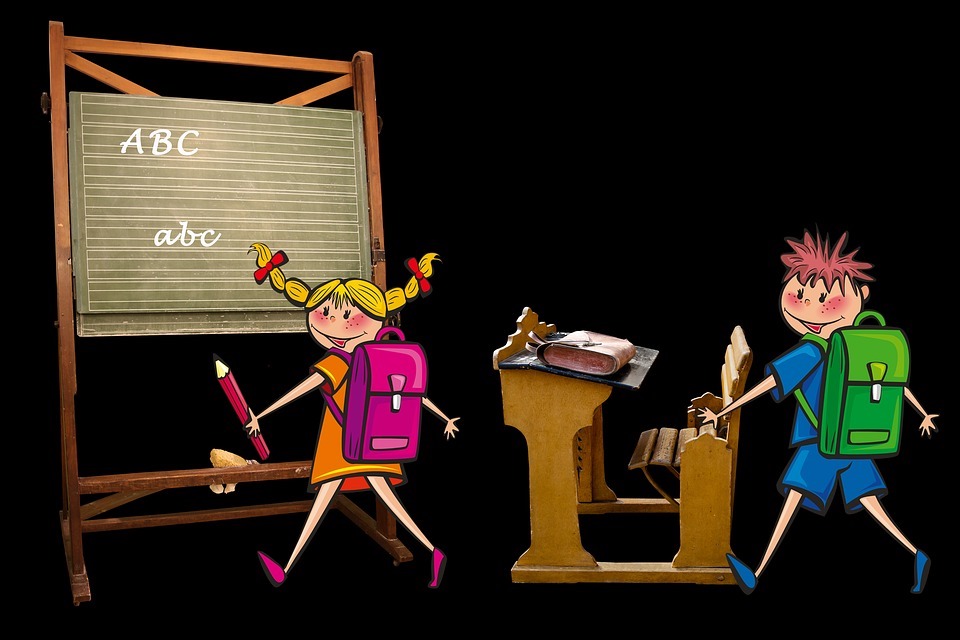The COVID-19 Recovery Act establishes the 2020-2021 school year and makes a number of exceptions to regulations for the current school year.
The act was passed unanimously by the state legislature Saturday, May 2 and signed into law by Gov. Roy Cooper on Monday, May 4, which is a considerable achievement in itself. The same legislature and governor were unable to reach an agreement on the budget in 2019 and the state is largely working under the allocations in the budget passed in 2017 and amended in 2018.
One of the sticking points in the budget was raises for teachers. The governor wanted higher raises than the Republican legislature and, as a result, the teachers did not receive raises, unlike some other state employees who received raises through budget mini-bills that passed the legislature and were signed into law.
The beginning of the 2020-2021 school year will be no earlier than August 17, 2020, a week earlier than usual, and the school year will end no later than June, 11, 2021. Each school system is required to submit a remote instruction plan to the North Carolina Board of Education by July 20. The 190-day school year is to include five remote instructional days and five additional remote instructional days can be used to make up for days when schools have been closed due to inclement weather.
The last in school instructional day this year was March 16 and Cooper announced on April 24 that the public school buildings would not be reopened this school year.
The end-of-grade testing requirements have been waived. Principals are given the authority to determine whether students are promoted to the fourth grade rather than depending on end-of-the-year testing and other evaluations. However, schools are required to administer third grade the end-of-year diagnostic assessment to all fourth grade students no later than the 10th day of the 2020-2021 school year.


Most all parents want this one, so it flies…